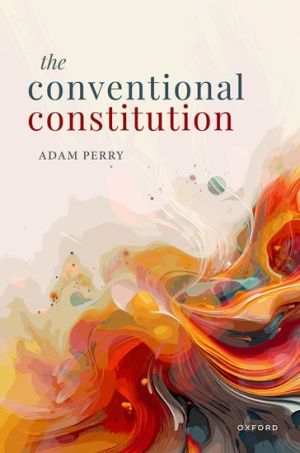
The United Kingdom's constitution is famously uncodified, comprising not only statutes and legal judgments but also a vast body of informal rules known as constitutional conventions. These conventions-customarily followed by political actors such as ministers, Members of Parliament, and the monarch-form what is often called Britain's conventional constitution.
These conventions dictate, for example, that the monarch must act on ministerial advice, that the government must resign following electoral defeat, that the House of Lords defers to the House of Commons on certain matters, and that ministers must keep Cabinet discussions confidential.
Although essential to good government and democracy, the conventional constitution has not received the same scrutiny as the formal parts of the constitution. The Conventional Constitution corrects this oversight, providing a comprehensive treatment of constitutional conventions. It identifies and precisely states each convention, classifies them into a coherent taxonomy, and provides a strong case for continuing to rely on them.
Key questions addressed include: What are constitutional conventions, and how do they differ from laws? Why are they obeyed, and what happens when they are not? Should they be codified or enforced by courts? How have courts engaged with them historically? And how can conventions continue to function in an era where political actors are increasingly willing to disregard established norms?
Offering a fresh, clear, and authoritative account of the conventional constitution, this book will be an indispensable resource for scholars, students, and practitioners of constitutional law and politics.